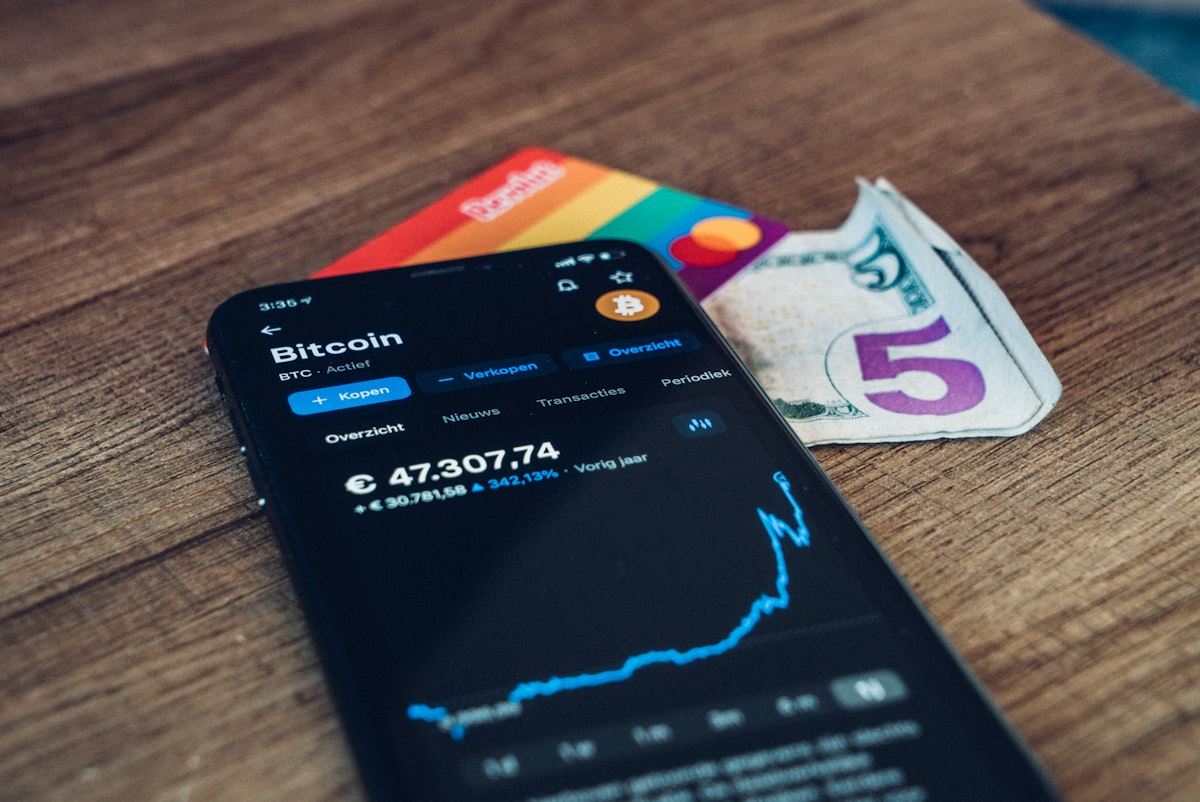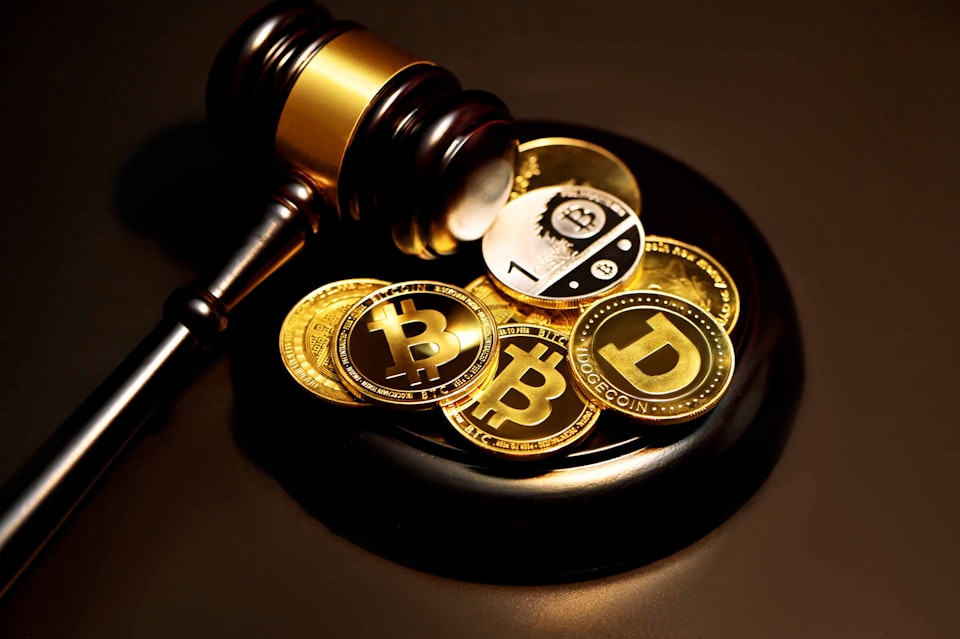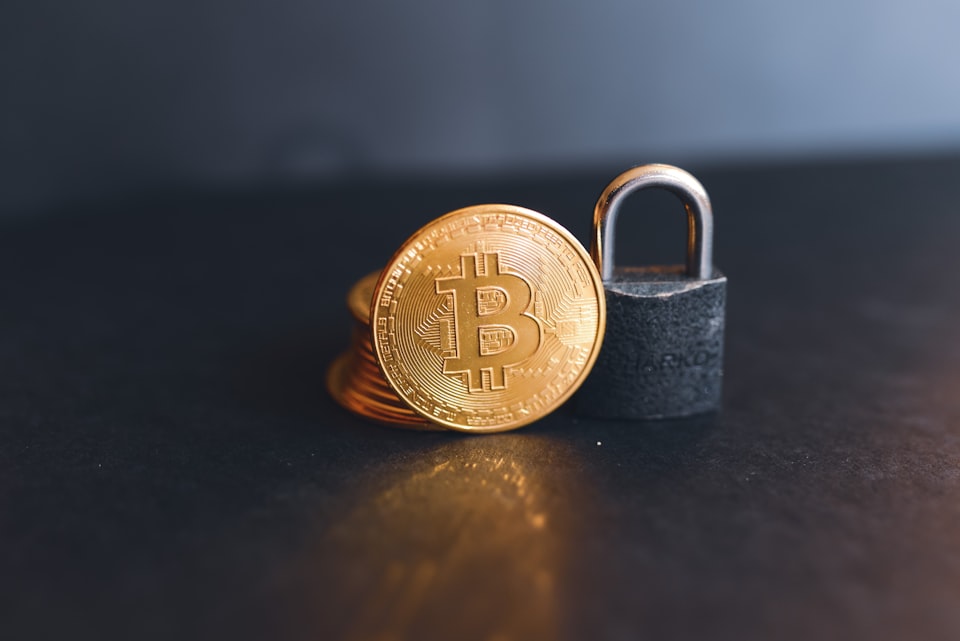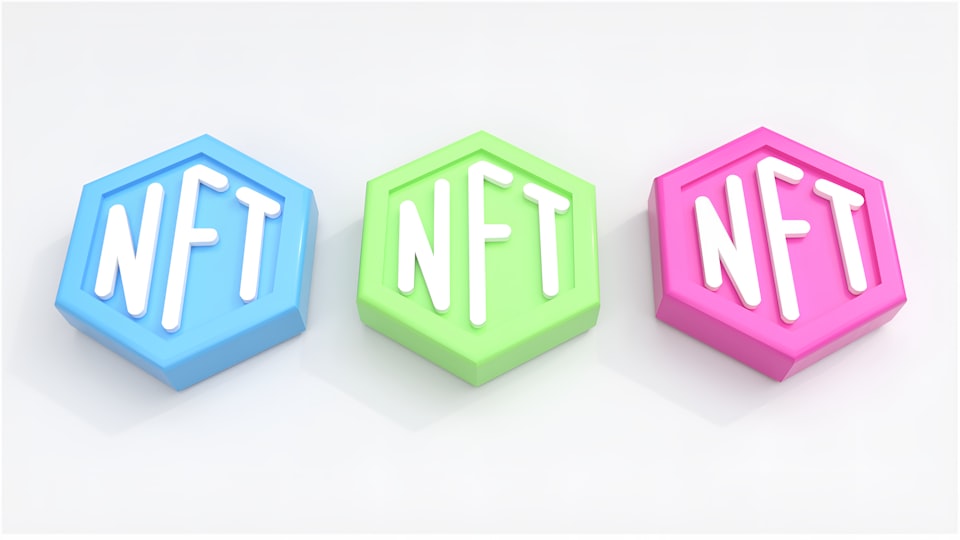How to Buy Bitcoin Safely and Securely
Learn how to buy Bitcoin safely and securely. This comprehensive guide covers choosing a reputable cryptocurrency exchange, securing your Bitcoin wallet, best practices for secure transactions, and educational resources

Bitcoin, the world's first and most popular cryptocurrency, has gained immense popularity over the past decade. As the demand for digital currencies continues to rise, many individuals are looking to invest in Bitcoin. However, with the rise in popularity, the risk of scams and fraudulent activities has also increased. In this comprehensive guide, we'll explore the safest and most secure ways to buy Bitcoin, ensuring that your investment is protected and your personal information remains secure.
Understanding the Risks
Before delving into the process of buying Bitcoin, it's crucial to understand the potential risks associated with cryptocurrency transactions. Despite the decentralized nature of Bitcoin, there are still various risks to consider, including:
- Cryptocurrency Exchanges: While cryptocurrency exchanges are the most common platforms for buying and selling Bitcoin, they are also prime targets for hackers. Exchanges have been subjected to numerous cyber attacks, resulting in the loss of funds for their users.
- Wallet Security: Cryptocurrency wallets are essential for storing and managing your Bitcoin. However, if your wallet is not properly secured, it can be vulnerable to theft or loss of funds.
- Phishing Scams: Phishing scams are a common tactic used by cybercriminals to trick individuals into revealing sensitive information, such as private keys or login credentials, which can lead to the theft of funds.
- Volatility: The cryptocurrency market is highly volatile, and the value of Bitcoin can fluctuate significantly within a short period. This volatility can result in substantial losses if you're not careful.
By understanding these risks, you can take the necessary precautions to ensure a safe and secure Bitcoin purchase.
Choosing a Reputable Cryptocurrency Exchange
One of the most crucial steps in buying Bitcoin safely is choosing a reputable cryptocurrency exchange. Some of the most popular and well-established exchanges in the market include:
- Binance: Binance is one of the largest and most popular cryptocurrency exchanges in the world, known for its high trading volume, liquidity, and a wide range of trading pairs. It offers a user-friendly platform and robust security features, including two-factor authentication and cold storage for the majority of user funds.
- Bybit: Bybit is a rapidly growing cryptocurrency derivatives exchange that offers a variety of trading products, including perpetual contracts, futures, and options. It has gained a reputation for its advanced trading platform, fast execution, and strong security measures.
- OKX: OKX (formerly known as OKEx) is a prominent cryptocurrency exchange that offers spot trading, futures, and perpetual swaps. It is known for its extensive range of trading pairs, high liquidity, and robust security features, including cold storage and two-factor authentication.
- Gemini: Gemini is a regulated cryptocurrency exchange based in the United States, known for its strong emphasis on security and compliance. It offers a user-friendly platform and is considered a safe choice for beginners and experienced traders alike.
- Coinbase: Coinbase is one of the most popular and user-friendly cryptocurrency exchanges, particularly for beginners. It offers a simple and intuitive platform, and is known for its robust security measures and regulatory compliance.
- Kraken: Kraken is a long-standing and reputable cryptocurrency exchange that offers advanced trading features and a wide range of trading pairs. It is known for its strong security practices and commitment to regulatory compliance.
- Huobi: Huobi is a well-established cryptocurrency exchange based in Singapore, offering a diverse range of trading pairs and derivatives products. It has a strong presence in the Asian market and is known for its high liquidity and advanced trading tools.
- KuCoin: KuCoin is a popular cryptocurrency exchange that offers a wide range of trading pairs, including many lesser-known cryptocurrencies. It is known for its low trading fees and user-friendly interface.
- Bitstamp: Bitstamp is one of the oldest and most trusted cryptocurrency exchanges, based in Luxembourg. It offers a simple and secure platform for buying and selling major cryptocurrencies, and is known for its commitment to regulatory compliance and security.
When selecting an exchange, consider factors such as regulatory compliance, security measures, trading volume and liquidity, user reviews and reputation, and customer support.
- Regulatory Compliance: Choose an exchange that operates in compliance with relevant regulations and laws in your jurisdiction. Reputable exchanges are typically registered with financial authorities and follow strict Know Your Customer (KYC) and Anti-Money Laundering (AML) policies.
- Security Measures: Look for exchanges that implement robust security measures, such as two-factor authentication, cold storage for the majority of user funds, and regular security audits.
- Trading Volume and Liquidity: High trading volume and liquidity are indicators of a reliable and well-established exchange.
- User Reviews and Reputation: Research user reviews and the overall reputation of the exchange. Reputable exchanges tend to have a large user base and positive reviews from the community.
- Customer Support: A responsive and reliable customer support system is essential, especially if you encounter any issues or have questions during the purchase process.
Once you've identified a reputable exchange, create an account and complete the necessary verification processes, such as providing identification documents and proof of address.
Securing Your Bitcoin Wallet
After purchasing Bitcoin on an exchange, it's crucial to transfer your funds to a secure wallet that you control. There are various types of wallets available, each offering different levels of security and convenience. Here are some popular wallet options:
- Hardware Wallets: Hardware wallets, such as Ledger or Trezor, are considered the most secure option for storing cryptocurrencies. These physical devices store your private keys offline, making them immune to online attacks.
- Software Wallets: Software wallets are applications that can be installed on your computer or mobile device. Popular options include Electrum, Exodus, and Mycelium (for mobile). While convenient, software wallets are more susceptible to online threats and malware.
- Paper Wallets: Paper wallets are offline, cold storage solutions where your private keys are printed on a piece of paper. These wallets offer excellent security but can be challenging to manage for frequent transactions.
- Exchange Wallets: Most cryptocurrency exchanges provide built-in wallets for storing your Bitcoin. However, it's generally recommended to transfer your funds to a personal wallet that you control, as exchange wallets can be targeted by hackers or subject to the exchange's policies.
When choosing a wallet, consider factors such as security, ease of use, and compatibility with your preferred platforms. Additionally, always keep your private keys safe and secure, as they are the gateway to your Bitcoin funds.
Best Practices for Secure Bitcoin Transactions
To ensure the utmost safety and security when buying and storing Bitcoin, follow these best practices:
- Use Two-Factor Authentication (2FA): Enable two-factor authentication on your exchange account and wallet to add an extra layer of security. 2FA requires a second form of authentication, such as a code sent to your mobile device, in addition to your password.
- Keep Your Software Updated: Regularly update your wallet software, operating system, and antivirus programs to ensure you have the latest security patches and features.
- Use a Secure Internet Connection: Avoid conducting Bitcoin transactions on public Wi-Fi networks, as they are susceptible to man-in-the-middle attacks. Instead, use a secure, private internet connection.
- Verify Recipient Addresses: Always double-check the recipient's Bitcoin address before sending funds. Transactions on the Bitcoin network are irreversible, so a single mistake can lead to permanent loss of funds.
- Store Backups Securely: Regularly back up your wallet and store the backups in a secure location, such as an encrypted external drive or a secure cloud storage service.
- Be Cautious of Phishing Attempts: Never share your private keys or seed phrases with anyone, and be wary of emails, websites, or messages claiming to be from reputable sources asking for sensitive information.
- Diversify Your Investments: While Bitcoin can be a valuable investment, it's essential to diversify your portfolio and not put all your funds into a single cryptocurrency.
By following these best practices, you can significantly reduce the risks associated with buying and storing Bitcoin, ensuring a safe and secure investment experience.
Educational Resources and Further Reading
To stay up-to-date with the latest developments, trends, and best practices in the cryptocurrency space, consider exploring the following educational resources:
- CryptoTradingInfo: A leading provider of comprehensive information and updates related to the dynamic world of cryptocurrencies and blockchain technology.
- Bitcoin.org: The official website of the Bitcoin project, offering comprehensive information, resources, and guides on Bitcoin.
- Coindesk: A leading news and information platform dedicated to cryptocurrencies and blockchain technology.
- Ethereum.org: The official website of the Ethereum project, providing valuable insights into the world of decentralized applications and smart contracts.
- Cryptoassets: The Innovative Investor's Guide to Bitcoin and Beyond by Chris Burniske and Jack Tatar: A comprehensive book that covers the fundamentals of cryptocurrencies and blockchain technology.
- YouTube Channels and Podcasts: Numerous educational YouTube channels and podcasts, such as Aantonop, Crypt0, and Unchained Podcast, provide valuable insights and discussions on Bitcoin and cryptocurrencies.
By staying informed and continuously educating yourself, you can make more informed decisions and stay ahead of the curve in the rapidly evolving world of cryptocurrencies.
Conclusion
Buying Bitcoin safely and securely is a crucial aspect of investing in cryptocurrencies. By following the guidelines outlined in this article, including choosing a reputable exchange like Binance, Bybit, OKX, Gemini, Coinbase, Kraken, Huobi, KuCoin, or Bitstamp, securing your wallet, and implementing best practices for secure transactions, you can significantly reduce the risks associated with cryptocurrency investments.
Remember, investing in Bitcoin or any cryptocurrency carries inherent risks, and it's essential to conduct thorough research, diversify your investments, and never invest more than you're willing to lose. Stay vigilant, stay informed, and embrace the exciting world of cryptocurrencies with confidence and security.
The cryptocurrency landscape is constantly evolving, and new developments, regulations, and best practices are emerging regularly. It's crucial to stay up-to-date with the latest information and seek advice from qualified professionals when necessary.
By taking the necessary precautions and following industry best practices, you can navigate the world of Bitcoin and other cryptocurrencies with confidence, security, and the potential for long-term growth and success.
The information provided in this article is for educational and informational purposes only and should not be construed as financial advice. Readers are advised to conduct their own research and consult with a qualified financial advisor before making any investment decisions.




